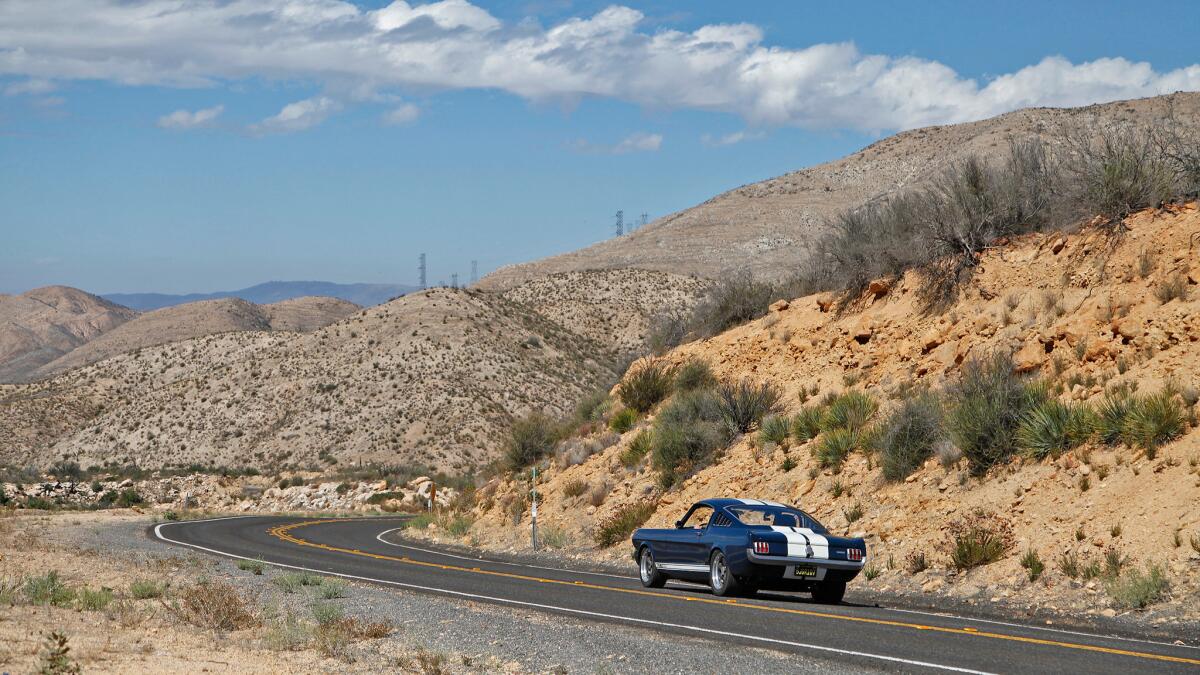Altitude sickness can spoil a vacation. Here’s what to do.

If you’re heading up to the fresh mountain air this summer, there should be more than sunscreen on your mind. Be sure to have a plan for altitude sickness, because it can ruin a vacation.
“The goal for the traveler may not be to avoid all symptoms of altitude illness but to have no more than mild illness,” according to the Centers for Disease Control.
With that in mind, tourists should know that there are proven ways for preventing acute mountain sickness, or AMS, and they’re not the gimmicky oxygen shots and gingko biloba supplements you’re likely to see for sale at mountain resorts.
Symptoms of AMS can mimic a hangover, including headache, fatigue, loss of appetite, nausea and vomiting. While most instances of AMS are mild and get better after a few days at altitude, it can, in some rare instances, cause potentially life-threatening complications affecting the lung or brains.
AMS is caused by the lack of oxygen in the lower air pressure at higher altitudes. It generally affects people above 8,000 feet, but it can also affect people at lower elevations.
Road trips: where to go and what to know
Rita Gibbs experienced AMS after driving from her home in Tucson (elevation 2,600 feet) to Pagosa Springs, Colo. (elevation 7,100 feet)
What started as a headache that wouldn’t respond to ibuprofen “got progressively worse and worse,” said Gibbs, a Realtor.
She tried to tough it out, but it persisted. When she had trouble sleeping, Gibbs, a former emergency medical technician, knew she had AMS and needed to get to a lower altitude.
“I was there for a three-day festival, but I decided I better just pack it in,” she said.
Driving back, she stopped in Cortez, N.M. (elevation 6,100 feet), for the night. “As soon as I got there, the headache went away,” she said.
The best way to prevent AMS is to travel to higher elevations slowly and avoid overexertion the first few days until the body has a chance to acclimatize, said Robert Roach, director of the Altitude Research Center at the University Colorado Denver and co-author of a 2001 article in the New England Journal of Medicine that summarized high altitude illness and treatments.
If that’s not possible, returning to a lower altitude to sleep can help, said Dr. David Gray, who runs High Altitude Mobile Physicians in Breckenridge, Colo. (elevation 9,600 feet), where as many as 30% of visitors experience AMS.
When a gradual ascent is out of the question, a prescription medication called acetazolamide, sold under the brand name Diamox, can help some people by accelerating the body’s acclimatization.
Diamox is generally prescribed in a dosage of 500 to 1,000 milligrams daily, beginning 24 to 48 hours before reaching the higher elevation. But it’s not a panacea; some people experience unpleasant side effects, including confusion, drowsiness, loss of appetite, headaches and a tingling sensation.
To help avoid those, Gray recommends no more than 125 milligrams of acetazolamide twice a day, beginning two days before arrival at altitude, for a total of five days.
Roach offered a similar opinion in his New England Journal article, and he also noted that the lower dose could be used for the management of mild AMS even once a person was experiencing symptoms.
AMS is unpredictable. There’s no screening test, although research has found that obese people tend to be more susceptible, possibly because they have more breathing issues while sleeping.
Meanwhile, those older than 50 have a slightly lower risk, perhaps because they don’t exert themselves as much. But age, gender and fitness level don’t seem to make a significant difference, Roach said in an interview.
Gray recommends that people who travel quickly to higher altitudes eat smaller, more frequent meals for the first two days. He said the meals should be high in carbs and low in fat and protein. Spicy foods are not recommended.
He also advises people to avoid alcohol and sleeping pills the first two days because those can affect breathing patterns.
“I have found that if folks are not sick by the third day, they’re probably going to be OK,” he said.
When people do experience AMS symptoms that persist or worsen, they should go to a lower elevation or seek medical care, which can include supplemental oxygen, steroids or Diamox.
“I’m very aggressive about treating it,” Gray said. “I want them to get back into their vacation, which they paid a lot of money for, and enjoy it.”
Have an incredible road trip story or a useful tip? Share your memories and suggestions with us in the comments.
Sign up for The Wild
We’ll help you find the best places to hike, bike and run, as well as the perfect silent spots for meditation and yoga.
You may occasionally receive promotional content from the Los Angeles Times.



